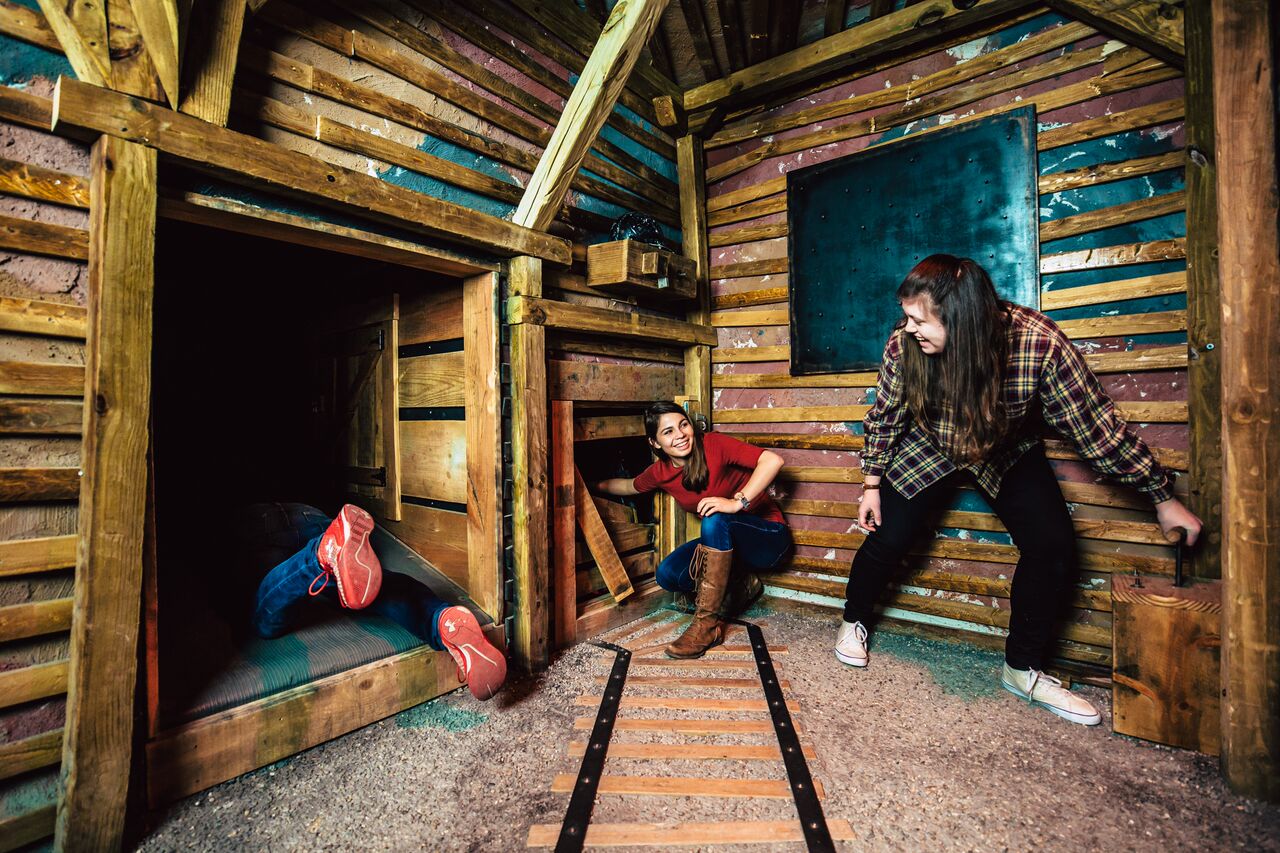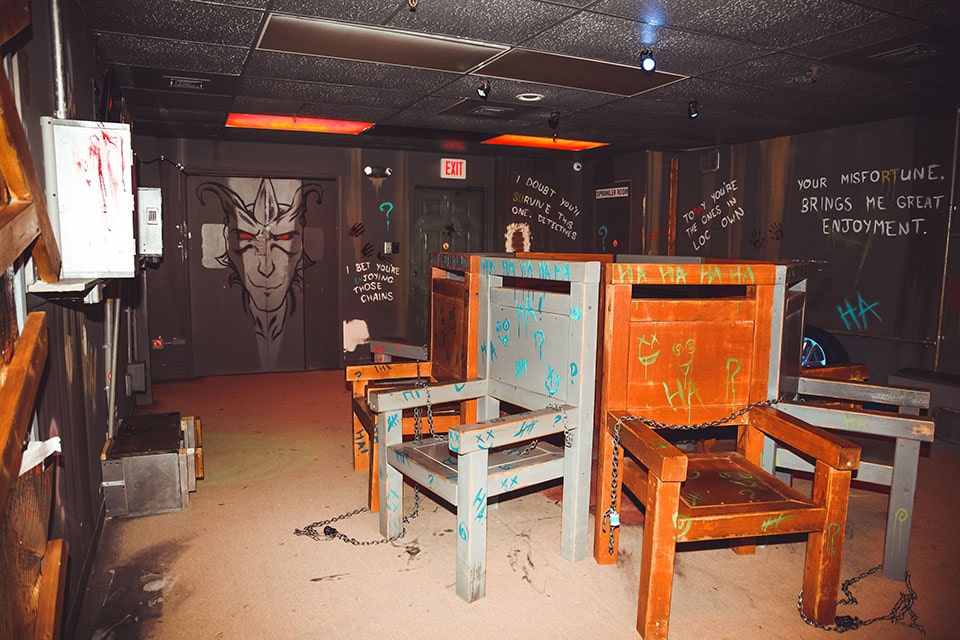Escape Room Orlando: Obstacle Your Mind and Have a Blast with Buddies
Escape Room Orlando: Obstacle Your Mind and Have a Blast with Buddies
Blog Article
Explore Why Escape Rooms Are Fun and Deal an Unique Means to Bond With Friends and Household
Getaway areas have actually arised as an exciting form of entertainment, using a mix of immersive storytelling and psychological excitement that is both gratifying and tough. What exactly sets retreat spaces apart as a bonding experience?

Immersive Storytelling
While the concept of getaway areas may originally appear uncomplicated, it is the immersive narration that absolutely sets them apart. These experiences are meticulously designed to transport participants into another globe, weaving compelling stories that mesmerize and engage. From the moment players enter the space, they are wrapped up in a thoroughly crafted environment, total with elaborate information, sound results, and thematic elements that offer to enhance the storyline.
Each escape area features an unique story, usually involving a mission or mystery that participants need to fix within an established timeframe. The story is not merely a backdrop yet is important to the experience, influencing the layout of challenges and the layout of the space. This narrative-driven approach makes certain that every aspect, from the clues to the decor, contributes to the unfolding tale, producing an immersive and cohesive atmosphere.
Furthermore, making use of sophisticated innovation and interactive attributes better grows the immersive experience. As an example, digital user interfaces, augmented truth, and sensory impacts can make the tale come active, enabling individuals to really feel as though they are absolutely part of the unfolding drama. This immersion promotes a feeling of enjoyment and necessity, raising the general satisfaction of retreat areas.
Mental Stimulation
Participating in escape areas uses individuals a distinct kind of mental excitement that challenges cognitive capacities in revitalizing and diverse methods. These immersive experiences call for people to address complex problems, figure out codes, and believe seriously under time restraints. This setting promotes improved problem-solving skills, as participants have to browse a series of complicated obstacles that require logical reasoning and imaginative thinking.
Escape rooms commonly include a selection of problem kinds, from mathematical equations to linguistic riddles and spatial awareness jobs. This range makes certain that different cognitive features are engaged, offering a detailed mental exercise. For instance, fixing a cipher might develop logical skills, while a physical puzzle might improve hand-eye coordination and spatial thinking. The requirement to move in between various kinds of thinking keeps the mind dexterous and involved.
Moreover, the time-sensitive nature of getaway rooms adds an element of stress that improves cognitive performance. Participants are encouraged to assume quickly and effectively, boosting their ability to process info and make decisions rapidly. This elevated state of mental activity can lead to enhanced focus and sharper cognitive abilities, making retreat areas not only an amusing diversion but also a beneficial exercise for the brain.
Teamwork and Teamwork
Remarkable Experiences
Usually, one of the most compelling aspects of escape spaces is the production of remarkable experiences that remain long after the video game has ended. The immersive nature of getaway spaces, with their detailed problems and engaging get more stories, gives participants with a sense of accomplishment and sociability that is tough to duplicate in various other social activities. These experiences come to be treasured memories, commonly stated with excitement and fond memories.
The collaborative initiative called for to solve the challenges fosters a distinct sense of unity amongst participants. Pals and relative are given the chance to collaborate in a high-pressure, yet enjoyable environment, enhancing bonds and boosting interaction skills (orlando escape room). The common victories and even the periodic failures add to a cumulative sense of achievement and pleasure
Moreover, the thematic diversity of escape rooms guarantees that each experience stands out. Whether browsing a haunted manor or deciphering hints in a spy-themed setup, the variety maintains the excitement fresh and the memories vivid. This range not only provides to various interests but additionally makes certain that each check out to a retreat area is a distinct adventure.
Basically, getaway spaces use unforgettable experiences that build enduring links and supply tales to be valued for several years to find.
Verdict
Escape spaces use a distinct opportunity for bonding through their immersive narration, mental excitement, and dependence on team effort and participation. Escape rooms emerge as a distinct and enjoyable activity, combining entertainment with the advancement of essential social and cognitive abilities.

Structure on the structure of team effort and participation, the thrill of the difficulty in retreat rooms provides individuals an exhilarating experience that tests their problem-solving abilities and mental acuity - escape room orlando.In additional hints addition, the thoroughly crafted complexity of escape spaces ensures that no 2 experiences are alike.Frequently, one of the most compelling aspects of getaway areas is the creation of remarkable experiences that linger long after the video game has ended.Moreover, the thematic variety of getaway rooms ensures that each experience is distinct
Report this page